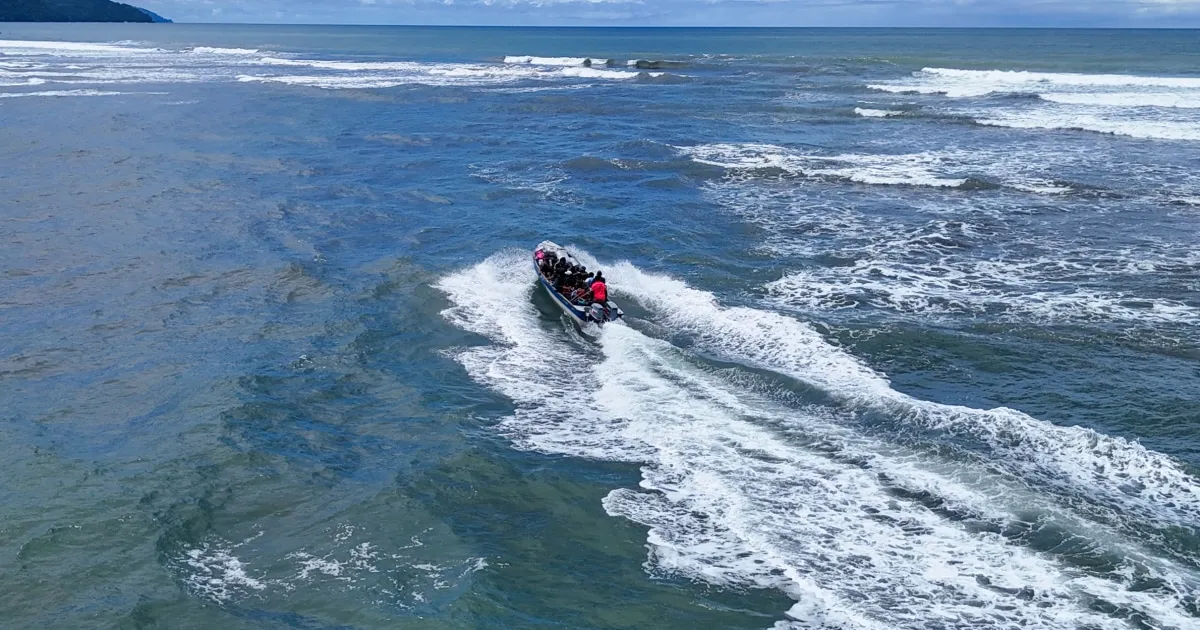
The U.S. government has reportedly taken into custody at least two individuals who survived a recent U.S. military strike targeting a boat allegedly linked to a Venezuelan drug cartel. This operation occurred on Thursday in international waters, as confirmed by two U.S. officials. The strike took place in the Caribbean, and U.S. Navy helicopters were deployed as part of a search and rescue mission after video footage indicated that some individuals had survived the initial attack.
The survivors were subsequently picked up and transferred to a U.S. Navy ship. However, details regarding their current custody status and physical condition remain unclear. This strike marks at least the fifth operation conducted by the Trump administration against vessels in international waters believed to be associated with Venezuelan drug trafficking. Previous strikes have resulted in significant casualties, with at least 21 people reported killed in four earlier operations, which notably left no survivors.
Concerns have been raised among U.S. lawmakers regarding the lack of transparency from the White House about these military operations. On Wednesday, President Donald Trump made a striking admission, revealing that he had authorized the CIA to undertake unspecified actions in Venezuela. In a press conference, a reporter questioned Trump, “Why did you authorize the CIA to go into Venezuela?” Trump responded, citing two primary reasons: the influx of individuals from Venezuelan prisons into the U.S. and the considerable drug trafficking issues originating from Venezuela.
As this situation unfolds, Admiral Alvin Holsey, the commander of the U.S. Southern Command (SOUTHCOM), which oversees military activities in Latin America, announced his impending retirement later this year. Holsey, who has held the position since November, stated that he would step down on December 12. In his farewell statement, he emphasized the lasting contributions of the SOUTHCOM team to the nation’s defense and expressed confidence in their ongoing mission to maintain the U.S. as a global beacon of freedom.
As the U.S. continues to navigate its military engagements in Latin America, the implications of these operations on both national security and international relations remain to be closely monitored.